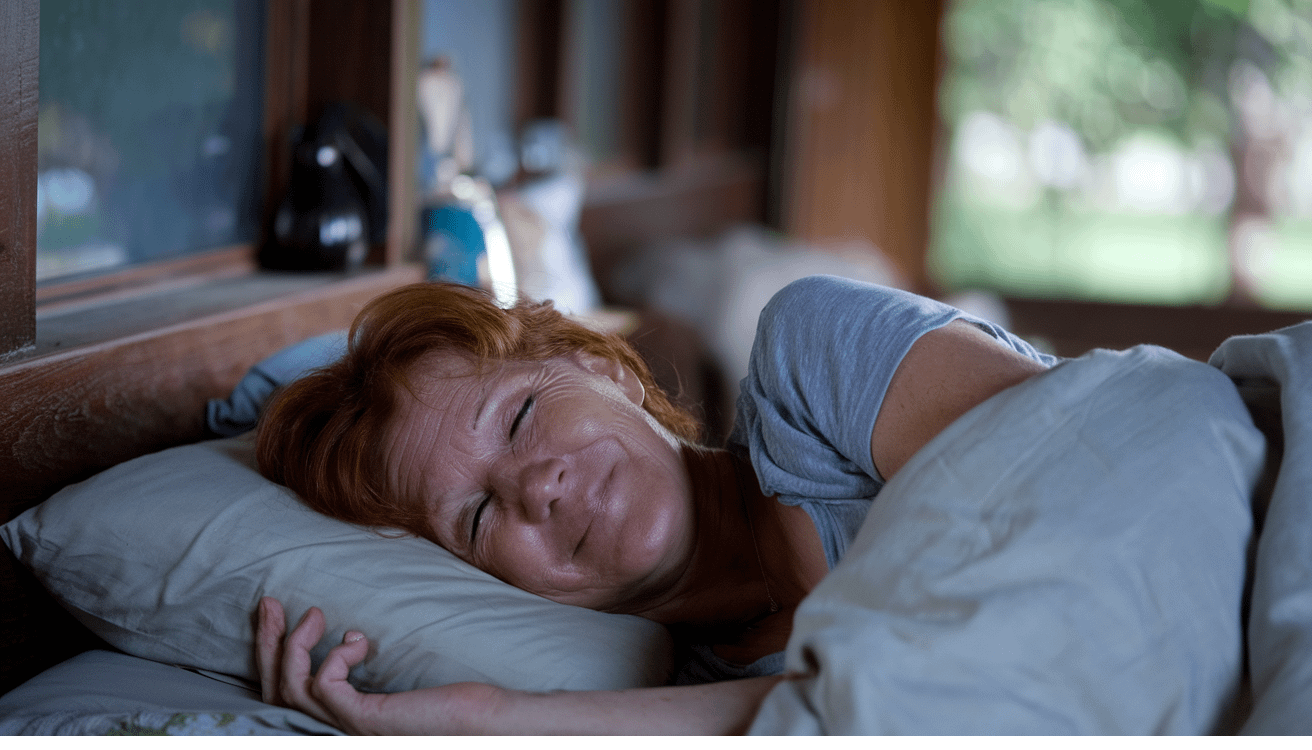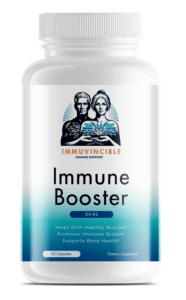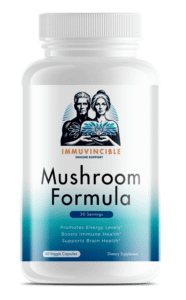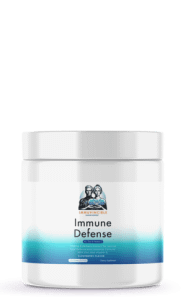Office workers face unique challenges when it comes to maintaining adequate levels of vitamin D. With long hours indoors,...

How Proper Sleep Boosts Your Immune System: Tips for Better Immunity
Getting a good night’s sleep isn’t just important for feeling refreshed—it’s also crucial for your immune system. Quality sleep plays a vital role in keeping your body healthy and helping it fight off illnesses. In this post, we’ll explore how sleep impacts your immune function and share simple tips to improve your sleep for better immunity.
How Sleep Boosts Immunity
When you sleep, your body goes through a healing process that’s essential for strong immune function. During deep sleep, the production of protective proteins called cytokines increases. These proteins help your body fight infections and reduce inflammation. In short, without enough sleep, your immune system doesn’t work as efficiently, leaving you more vulnerable to getting sick.
Sleep also helps your immune system remember and recognize pathogens. If you’ve been vaccinated or previously exposed to a virus, your immune system will “remember” it better if you’ve had quality sleep. This helps your body react more quickly if you encounter the same virus again.
The Effects of Sleep Deprivation on Immunity
Lack of sleep, or sleep deprivation, can weaken your immune system. Studies show that people who get less than seven hours of sleep are more likely to catch a cold or the flu compared to those who sleep eight hours or more. Chronic sleep deprivation can also lead to more serious health problems, such as inflammation, which can increase your risk of heart disease, diabetes, and other illnesses.
Tips to Improve Sleep for Immunity
Here are some simple immune support sleep tips to help you improve your sleep quality and boost your immune system:
1. Stick to a Sleep Schedule
Go to bed and wake up at the same time every day, even on weekends. A regular sleep schedule helps regulate your body’s internal clock and improves the quality of your sleep. Click here for reference.
2. Create a Relaxing Bedtime Routine
A calming pre-sleep routine can signal to your body that it’s time to wind down. Try activities like reading a book, taking a warm bath, or deep breathing exercises. Just try to calm down before going to bed.
3. Keep Your Sleep Environment Comfortable
Make sure your bedroom is cool, dark, and quiet. Use blackout curtains to block light and consider white noise machines to drown out background sounds. A comfortable mattress and pillows can also improve your sleep quality, but that speaks for itself.
4. Limit Screen Time Before Bed
Exposure to blue light from phones, tablets, and computers can disrupt your body’s production of melatonin, a hormone that regulates sleep. Try to avoid screens for at least an hour before bed. (Check this in the Science Daily to get more information about this phenomenon.)
5. Watch What You Eat and Drink
Avoid large meals, caffeine, and alcohol close to bedtime. Caffeine can stay in your system for hours, making it harder to fall asleep, while alcohol can disrupt your sleep cycle later in the night.
6. Exercise Regularly
Physical activity during the day can help you fall asleep more easily at night. However, avoid vigorous exercise close to bedtime, as it can have the opposite effect.
Quality sleep is one of the best things you can do for your immune system. By understanding the connection between sleep and immune system health, you can take steps to improve both. If you follow the tips above, you’ll be well on your way to better sleep and a stronger immune system.
Remember, getting enough sleep isn’t just about feeling rested—it’s about giving your body the support it needs to stay healthy.
Last but not least, check out this short on YouTube to get a different viewpoint on sleep and your immune system (from a Joe Rogan podcast).
News
Related Posts
5 Powerful Reasons Kimchi Is a Superfood for Your Immune System
When it comes to boosting your immune system naturally, few foods pack as much power as kimchi. This traditional Korean dish,...
Eat Smart, Stay Healthy: Immune-Boosting Nutrition Tips
Maintaining a strong and resilient immune system becomes increasingly important as we age. For adults over 30, it's not just...
The Connection Between Gut Health and Immune Support
Imagine your body is like a castle. The immune system is the team of knights, guards, and soldiers that protect your castle from...








